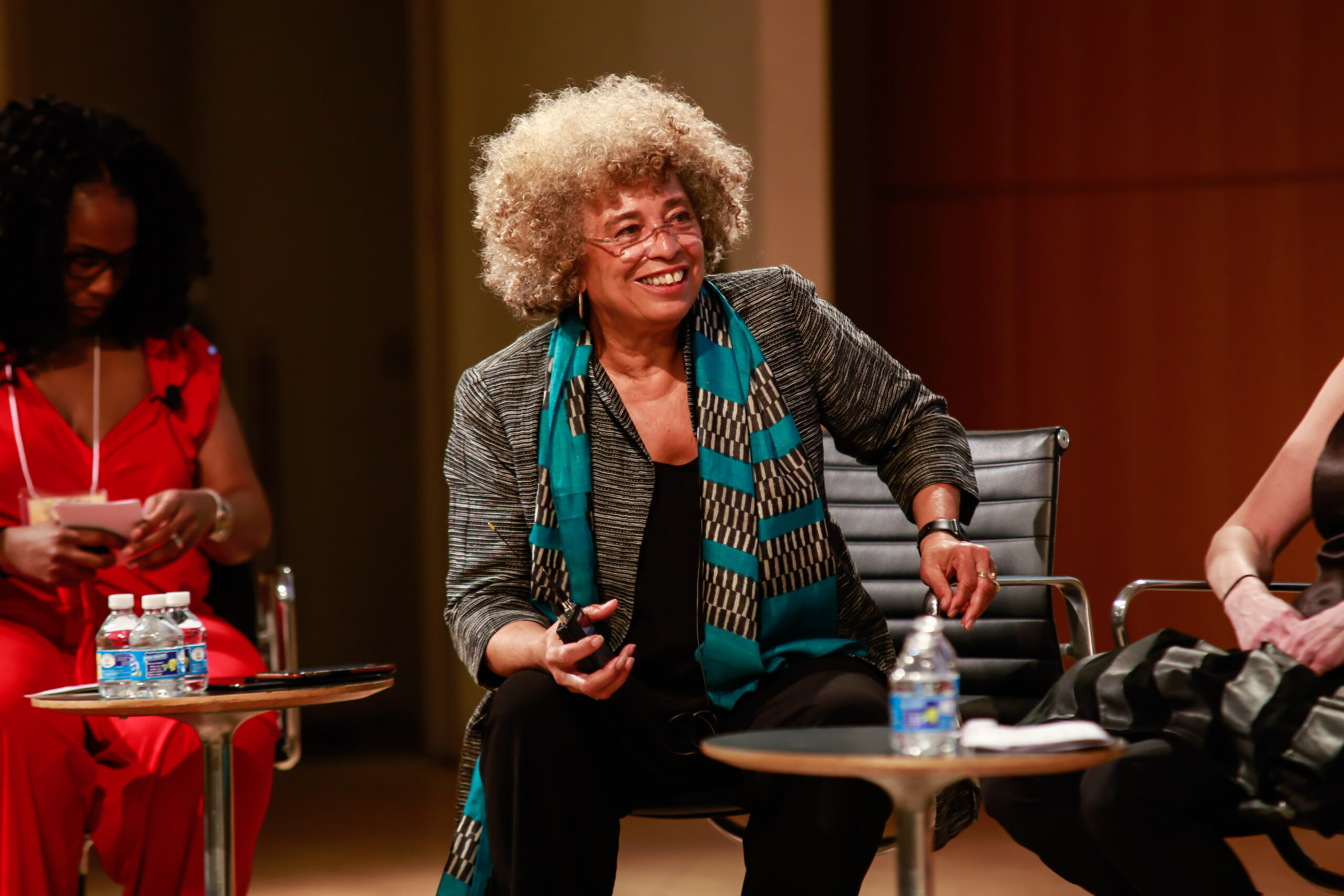The saying “you don’t know where you’re going unless you know where you’ve come from” is true. It’s powerful knowing who came before you. Black women’s history is filled with heroines who led revolutions, fought for justice and redefined life. Whether they were on the front lines of the civil rights movement, making breakthroughs in science or using their art to push culture forward, these women carved out space where there was none.
Their stories shouldn’t only be names in textbooks. If you’re looking for inspiration, mentorship from afar, or even just a reminder of your own power, these 10 Black female role models in history are worth celebrating and remembering.
10 Black Women Role Models
Harriet Tubman
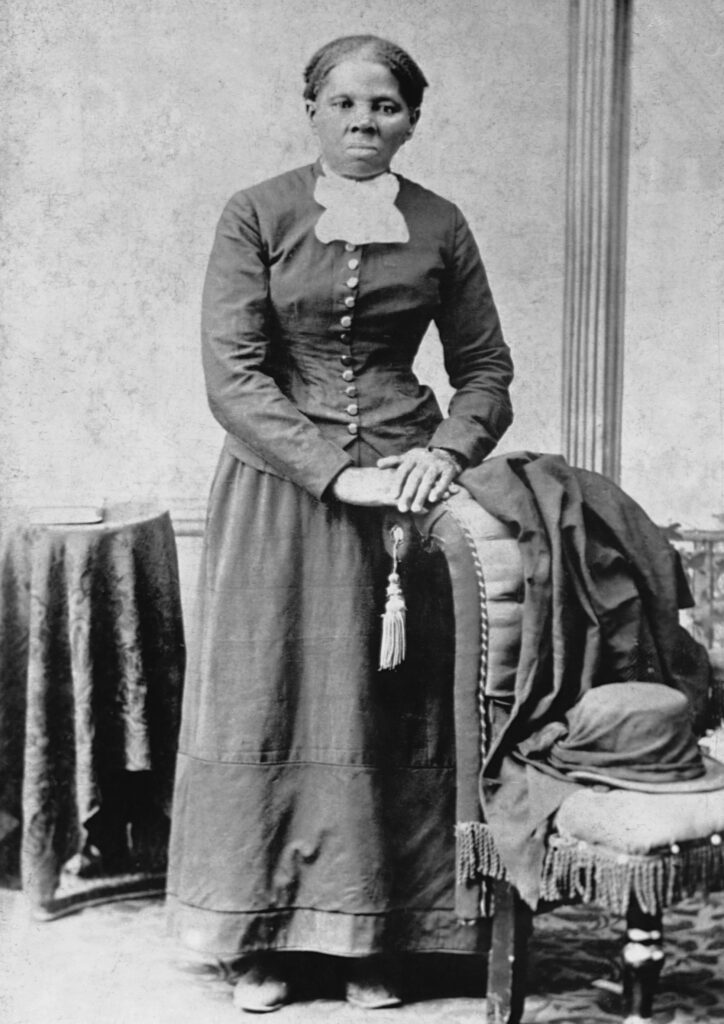
Harriet Tubman was an abolitionist who freed over 70 enslaved people through the Underground Railroad. Tubman risked her safety, freedom and life again and again to lead others to freedom. Later in her life, she even served as a spy and nurse during the Civil War. Her bravery and commitment to justice show that leadership doesn’t require permission. Instead, it requires purpose.
Sojourner Truth
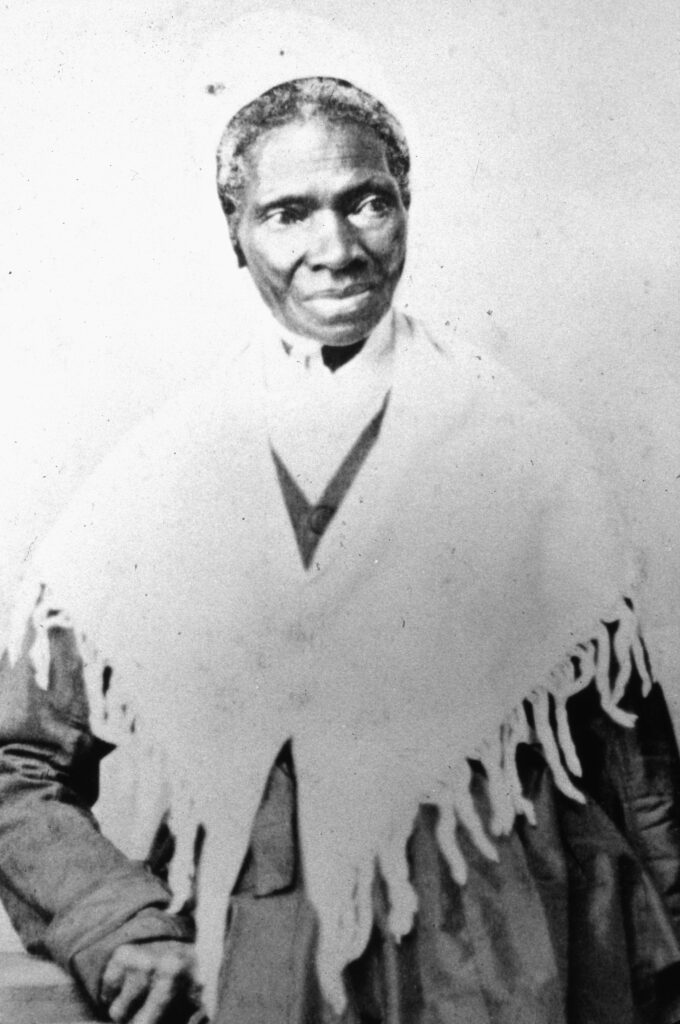
Sojourner Truth was a formerly enslaved woman turned into a renowned powerful speaker and activist. One of her most famous works is the “Ain’t I a Woman?” speech. Similar to her last name, Truth challenged both racism and sexism in one of the earliest intersections of feminist thought. Her legacy proves that storytelling can spark revolution.
Ida B. Wells
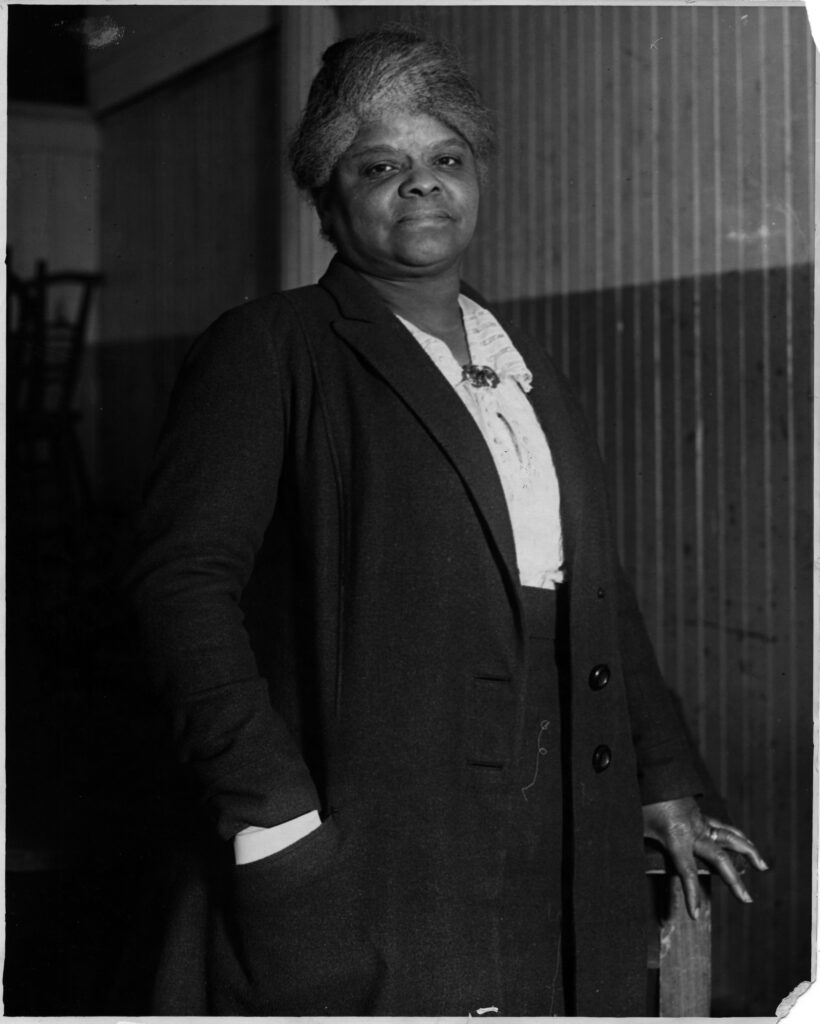
Ida B. Wells was a journalist, educator and anti-lynching activist. As a writer, Wells used her pen as a weapon against racial injustice. She was even one of the co-founders of the NAACP. Wells risked her life exposing racial violence in America through investigative reporting. Her story is a reminder that words, especially from journalists speak truth to power and can shake the system.
Mary McLeod Bethune
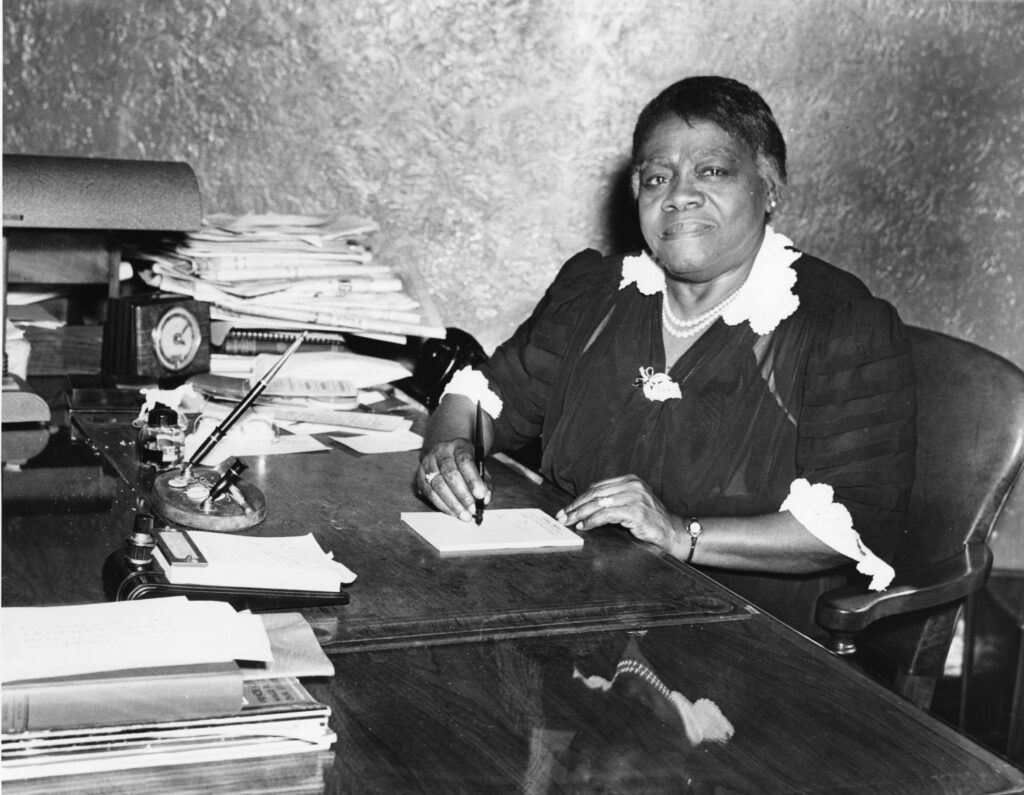
Mary McLeod Bethune revolutionized education, especially for Black girls forever. She was the first person in her family born free and the first to receive a formal education. Through her career, Bethune founded schools for Black girls and served as an advisor to President Franklin D. Roosevelt. She was a fierce advocate for education as a path to empowerment for Black communities. Bethune’s life teaches people that knowledge is power and access to education is a right, not a privilege.
Rosa Parks
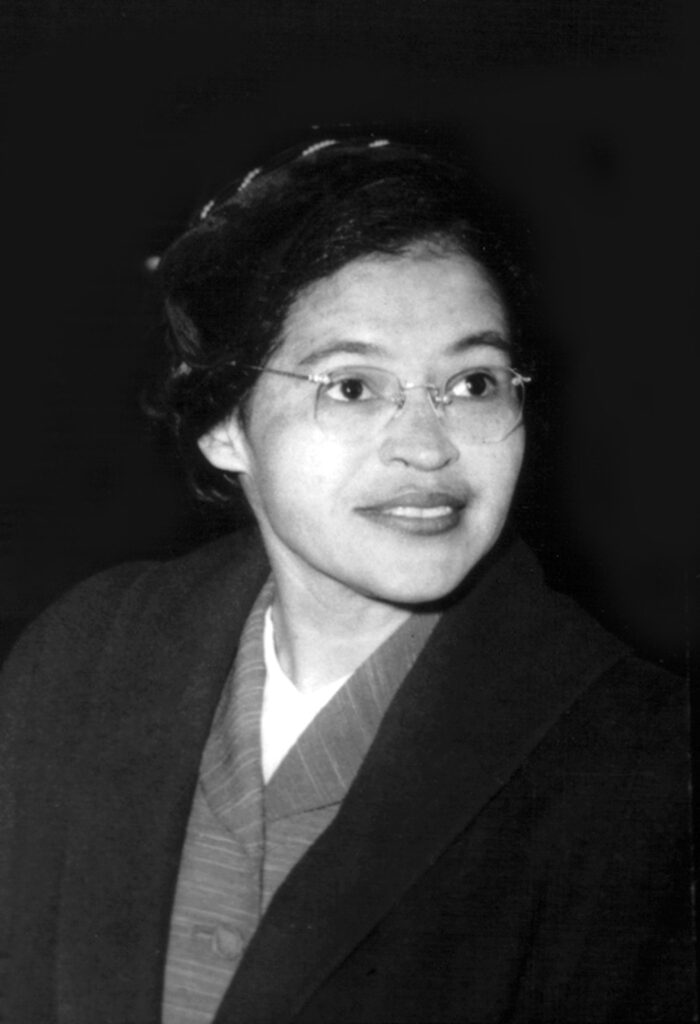
Often called “the mother of the civil rights movement,” Rosa Parks is widely known as the one who sparked the Montgomery Bus Boycott by refusing to give up her seat. Her action acted as a catalyst to the civil right movement. Her quiet, yet powerfully firm resistance ignited a movement that reshaped the nation’s laws and consciousness. Parks’ story teaches ordinary people how courage doesn’t always look loud.
Shirley Chisholm
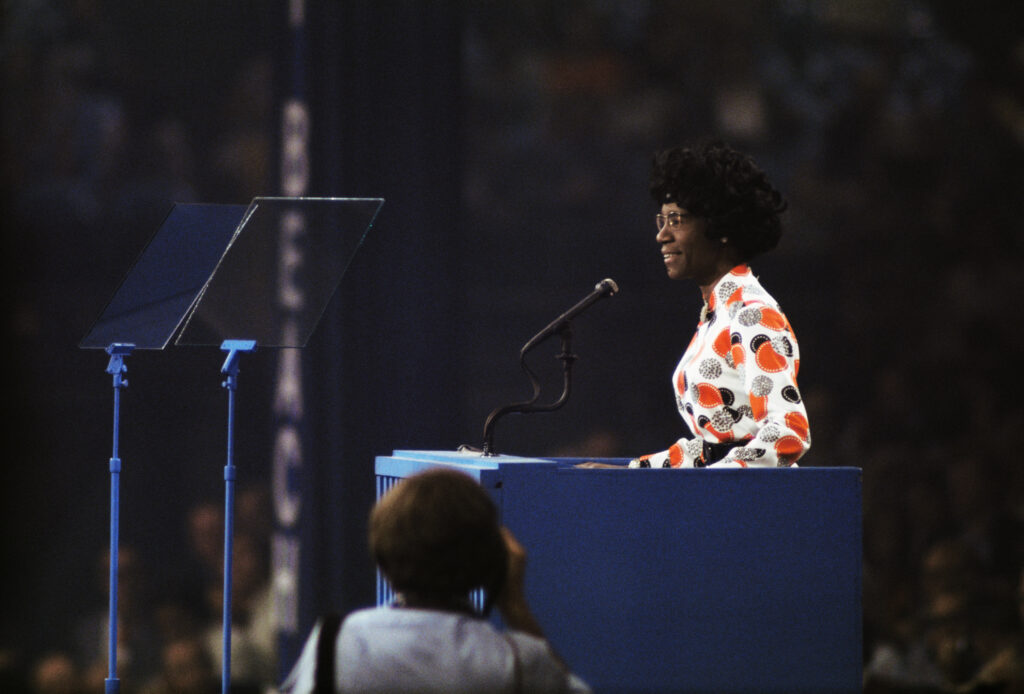
As the first Black woman elected to the U.S. Congress and the first to run for a major party’s presidential nomination, Shirley Chisholm changed politics for the better. Her campaign slogan, which was “Unbought and Unbossed,” still resonates today as a model for political integrity. If there’s no seat at the table, Chisholm taught Black women to bring their own.
Mae Jemison

Mae Jemison was a career multihyphenate, like a brilliant jack of all trades. In 1992, Jemison made history as the first Black woman in space. Along with that feat, she was also a trained physician and engineer, proving that Black girls can literally reach for the stars. Jemison’s career shows the power of curiosity and refusing to be boxed in.
Angela Davis
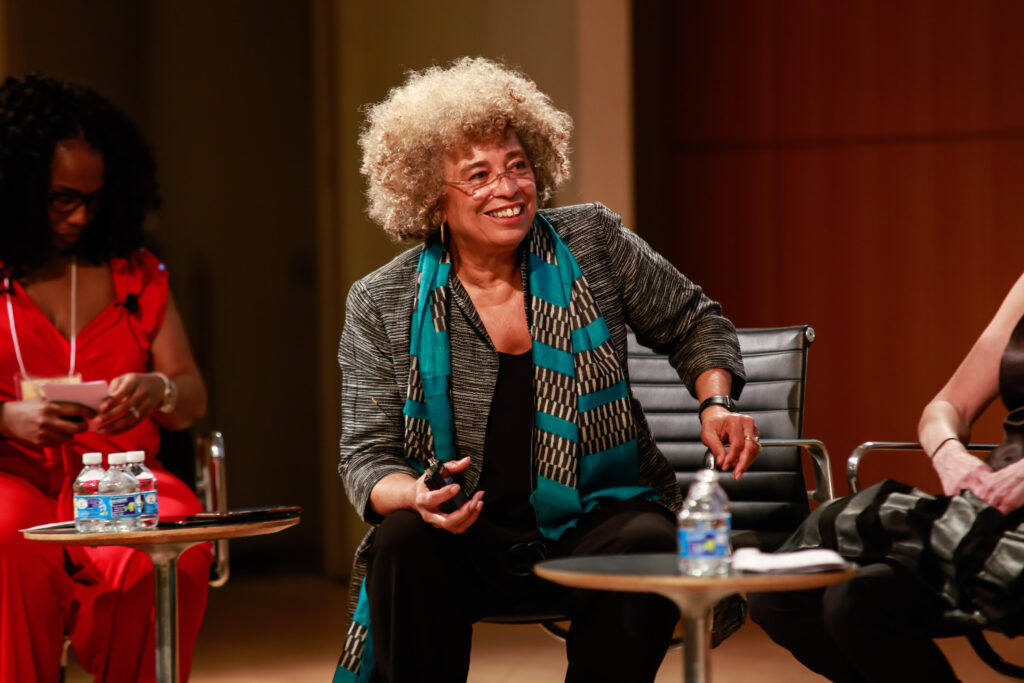
Scholar, activist and author, Angela Davis is an international symbol of Black liberation. She gained popularity in the 1970s using her voice to fight against mass incarceration and racial injustice. That same year, she was added to the FBI’s Ten Most Wanted Fugitive List and spent 16 months in jail before being found not guilty. Davis, who went on to be a professor from 1991 to 2008, teaches Black women that intellectual work and thought is radical activism.
Audre Lorde
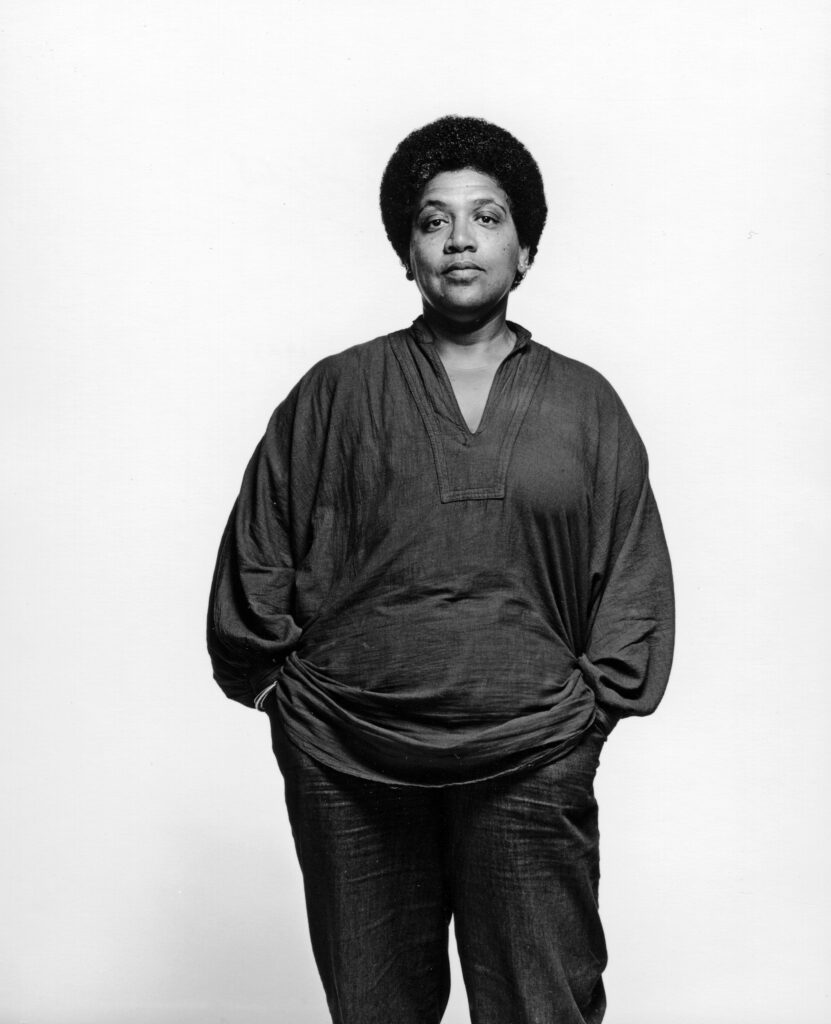
Audre Lorde was a poet, feminist and essayist. Throughout her work, she used language to explore identity, race, gender and power. Even now, her writings, including Sister Outsider, still shapes Black feminist thought.
Marsha P. Johnson
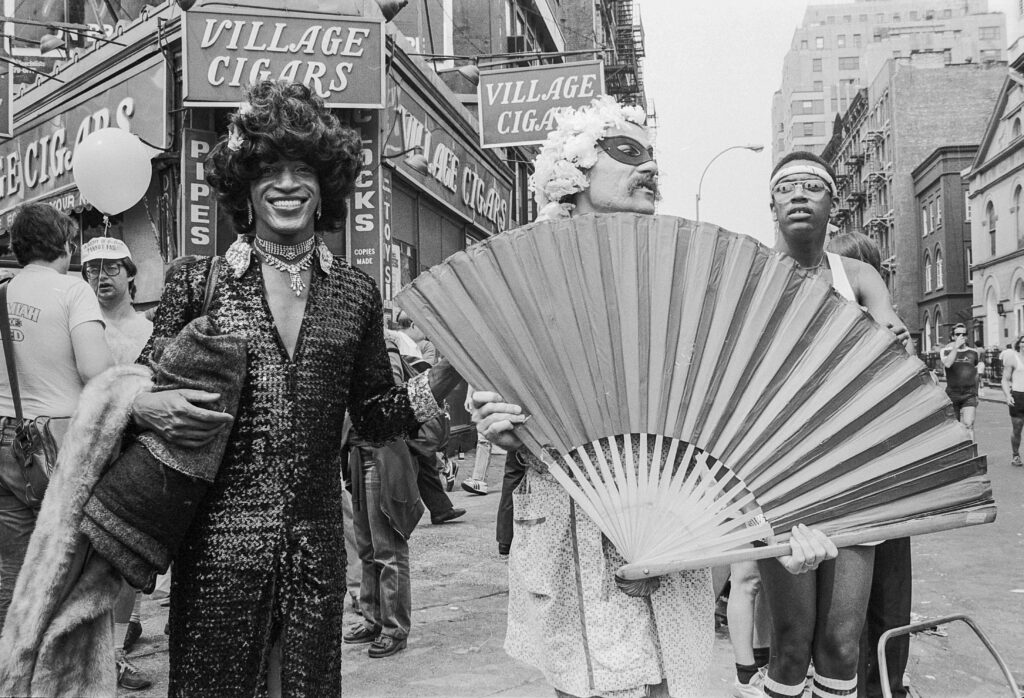
Marsha P. Johnson was a Black trans woman and activist. She was a key figure in the Stonewall uprising and LGBTQ+ rights movement. Johnson fiercely advocated for marginalized people with compassion and resistance. Her story adds a much needed complexity and nuance to the general definition of Black history.
Who Are the Most Influential Black Female Figures in History?
Some of the most influential Black women in history include Harriet Tubman, Rosa Parks, Shirley Chisholm, and Angela Davis. Their contributions shaped the civil rights movement, politics, and education in lasting ways.
Why Is It Important to Learn About Black Women in History?
Learning about Black women in history helps challenge one-sided narratives. It also honors the full scope of American history because Black history is American history. Additionally, it also empowers younger generations.
What Fields Did Black Women Help Pioneer?
Black women have made breakthroughs in every field—from space exploration to literature, medicine, politics, and activism. Figures like Mae Jemison, Audre Lorde, and Mary McLeod Bethune are just a few who led the way.
Frequently Asked Questions
Did Black Women Play Roles in the Suffrage Movement? Yes. Black women, like Sojourner Truth and Ida B. Wells, were crucial to the movement, though their contributions were often sidelined by white leaders.
Are There Any Young Black Female Role Models Today? Absolutely. The list includes figures like Amanda Gorman, Marsai Martin, and Yara Shahidi.
Where Can I Learn More About Black Women in History? Start with museums, like the National Museum of African American History and Culture, or books by and about these historical figures.
